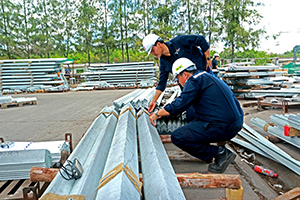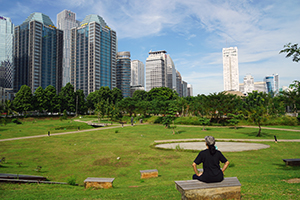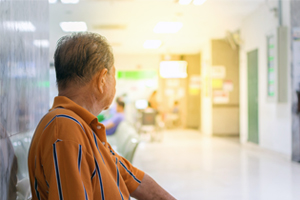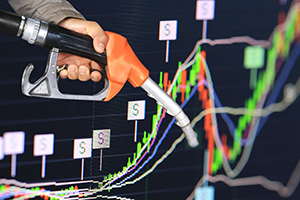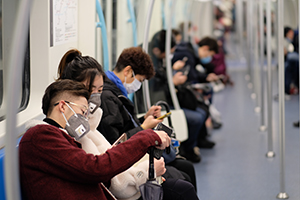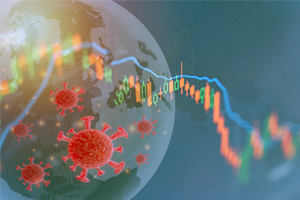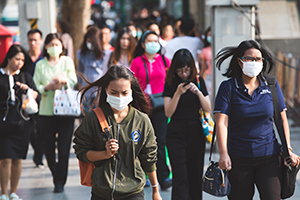Rare diseases in Asia and the Pacific must be tackled too
Unlike the coronavirus disease (COVID-19), few people will have heard of the rare disease Epidermolysis Bullosa (EB). It is an inherited genetic condition that affects the skin and can be fatal during infancy or early childhood for those suffering from its most severe forms. The condition causes the skin, both outside as well as inside the body, to blister and tear easily. Since the skin is unable to withstand normal wear and tear, it gets repeatedly wounded and the cells can become cancerous.


